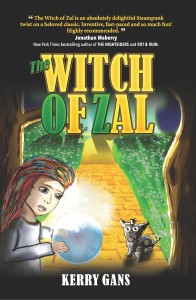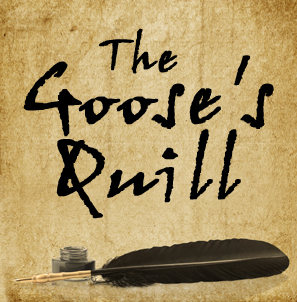At the beginning of a new year, we typically look forward to the year ahead. Sometimes, though, it is helpful to look back in order to see how far you have come, and evaluate how you did in the past year. I examined my top 20 posts this past year and found that readers read a good mixture of craft and marketing, as well as some of my more personal writing-life posts. In case you missed any, here are the Best of The Goose’s Quill 2015. Enjoy!
And my #1 post of 2015:
Thank you for reading in 2015—I hope you continue to join me in 2016!


Empathy: Curse or Blessing?
English: Robert Plutchik’s Wheel of Emotions (Photo credit: Wikipedia)
I suspect most creative types are highly empathetic. I sometimes think I feel other people’s emotions more strongly than my own. While I do feel things deeply, I can usually control my emotions and focus on what I need to do.
However, when someone else’s emotions overflow, it is hard for me to control myself. At a friend’s mother’s funeral, my tears didn’t flow until my friend’s did. When I hear of a crime, I feel the terror of the victim. During mass tragedy such as 9/11 or Sandy Hook, I go numb with the overload of grief. The reason I have never seen Schindler’s List is because the images and emotions would stick with me far longer than with most people. I become haunted.
Cover of A Swiftly Tilting Planet
I find it hard to explain how vividly I can feel other people’s emotions. In Madeleine L’Engle’s book A Swiftly Tilting Planet, main character Charles Wallace goes “Within” other people. His soul enters other people’s consciousnesses, so he can experience what they experience—physically and emotionally. This is a good way of explaining how I sometimes feel—as if I am inside the other person, feeling what they feel.
Sometimes I think this intense empathy is a curse. It aggravates my anxiety. It makes me wary of social interaction. It makes me want to hold people at arm’s length—although even that precaution is not enough, since even the stories of strangers can bring me to tears.
On the other hand, this sort of empathy is a blessing. It helps me create characters with feeling. It allows me to help people with the kind of help they most need. It helps me relate to people different than me, because I can feel what we have in common. It makes me more compassionate.
In the final analysis, I have to consider this empathy a blessing—because I would rather feel too much than nothing at all.
What about you? Do you find yourself overloaded with empathy?